Although the government announced in April a £250m fund for repairing potholes, the sum will be spread over five years. Local councils will receive just £50 million in 2016/17, but with more than 100 councils in England lining up to receive the cash, the funding has been described as a 'drop in the ocean' compared to the scale of our road maintenance problem.
The Local Government Association (LGA) has calculated that the backlog in road repairs will take £12 billion and "more than a decade" to clear. Cllr Martin Tett, LGA transport spokesman, said: “While £50 million is a step in the right direction, councils need more than 230 times that amount to cover the £11.8 billion cost to bring our roads up to scratch. "The money announced today will help those councils receiving it to tackle potholes, but it would not even completely cover the cost of the £69 million faced by the average authority to bring its roads up to a reasonable condition. “The condition of our roads is only going to get worse unless we address it as a national priority. The government’s own traffic projections predict a potential increase in traffic of up to 55% by 2040. Councils desperately need long-term and consistent funding to invest in the resurfacing projects which our road network desperately needs over the next decade", Cllr Tett warned. The AA's survey of 25,208 drivers revealed that 39% said their tyres, bodywork or other parts of their vehicles had been affected after hitting a pothole in the past two years. Responding to the survey's findings, AA president Edmund King called on local authorities to "get to grips with fundamental road maintenance". Earlier this year the RAC also reported that pothole-related call-outs had risen 25% between 2014 and 2015 to 25,487. But it's not only drivers our damaged roads affect seriously. Cycling UK's campaigns coordinator Sam Jones commented that "Potholes can be a lethal danger to cyclists and other vulnerable road users. In 2014, the police decided that a 'poor or defective' road surface contributed to almost three times more crashes involving pedal cyclists than it did in those involving cars." Potholes may seem like a peripheral and minor problem, but it's one that clearly affects a large number of people very directly and expensively, whether through having to replace a punctured tyre, make mechanical repairs, losing work or job opportunities caused by a damaged car being off the road or, worse, accident and injury. It seems that the government can only afford to allocate £50 million a year to tackling this nationwide problem while £121 million every week is lavished on the EU - even accounting for all the grants and subsidies we receive back. Voting to leave the EU on 23 June and save £121 million a week for spending elsewhere offers a much better chance of taking bigger steps to solving this major problem of our poor quality roads.
0 Comments
In addition to delays and inefficiencies, the committee also found that the Crown Prosecution Service was struggling to find counsel to prosecute cases as a result of legal aid cuts.
In April, the Observer reported that legal aid cuts have led to a surge in incidents of DIY defence. A study by the charity Transform Justice revealed that miscarriages of justice and long delays in the criminal justice system are becoming more common because a growing number of people are having to represent themselves in court. In 2013, the previous coalition government cut whole areas of civil proceedings for which people can receive financial help, in an effort to reduce the legal aid bill by £350 million a year. This included family law, such as divorce and custody battles, personal injury and some clinical negligence cases, some employment and education law, immigration where the person is not detained and some debt, housing and benefit disputes. Speaking to the Observer, Mark Fenhalls QC, the chairman of the Criminal Bar Association, said; “The efficiency and fairness of our justice system depends on both sides being properly represented. There is increasing evidence from civil and criminal courts that restricting legal aid is counter-productive and has made the court system less efficient and more expensive." Laura Janes, a consultant solicitor with the Howard League for Penal Reform, who works with vulnerable young defendants, said cuts and changes to legal aid had left morale within the legal profession very low. “The way in which fees are paid make it much harder to have really experienced senior solicitors doing this kind of work. Sometimes that’s what you need for really vulnerable defendants,” she said. Commenting on the charity's report, the director of Transform Justice, Penelope Gibbs, described the rise in unrepresented defendants as a “travesty”, and warned that justice was in danger of being denied to some on modest incomes who did not qualify for legal aid. “People who are denied legal aid are often not wealthy. They get little information to prepare for court and are thrust into an adversarial and complex process which even those who are represented find hard to follow. No wonder they end up pleading guilty when in fact they have a reasonable defence, or getting a longer sentence." On the latest findings by MPs, PAC chairwoman Meg Hillier MP said: "The system is overstretched and disjointed. Victims of crime are entitled to justice, yet they are at the mercy of a postcode lottery for access to justice." The amount of money at the root of these problems amounts to just three weeks' worth of the funds the UK pays to the EU - £121 million net, every week. A vote to leave the EU on 23 June would free up this money and allow it to be reallocated to improve the fairness of our justice system and allow access to justice for all, regardless of wealth.
Chemists are allocated funds each year based on how many prescriptions they dispense and additional services they provide for the community, such as flu jabs. On average, up to 90% of each pharmacy's income comes from the NHS.
Speaking to the Daily Mail, Sandra Gidley from the Royal Pharmaceutical Society, said: "We have a number of concerns. We have spent a lot of time and energy encouraging people to come to pharmacies for health advice to cut pressure on A&E departments and GP services." For the need to save money amounting to just 10 days' worth of our net payments to the EU of £121 million every week, the government plans to cause considerable damage to local communities, more hardship for people needing prescriptions and put additional strain on already over-stretched GP and hospital services. This is damage that can easily be avoided by voting to leave the EU on 23 June and ensuring some of the £121 million a week saved is allocated to maintaining local pharmacy services.
In last year's Autumn Statement, the Chancellor George Osborne revealed that the Department for Transport would suffer 37% cuts to its operational budget - the biggest cut of all government departments.
Last year the average waiting time for a driving test date hit as long as two months, due to an existing shortage of DVSA examiners and a cost-cutting ban on overtime. In Shropshire, for example, the wait is nearing three months, with learners in Telford being told that they must wait for at least 10 weeks before they can get a test date - according to a recent report in the Shropshire Star. The closure of driving test centres as a result of financial shortfalls that could be resolved with a fraction of the £121 million every week currently handed to the EU is only likely to exacerbate the existing problem and further delay people from enjoying the personal, family and employment advantages of driving.
Savings will be found by cutting beds, slashing GP prescriptions, reducing the use of agency staff and reviewing services such as on sexual health, according to NHS Lothian plans for 2016-17.
NHS chiefs are struggling to tackle a £77 million funding gap caused by rising demand and an ageing population. The latest proposals include a bid to reduce reliance on the private sector, which NHS Lothian uses if its own hospitals don't have the capacity to meet Scottish Government operation time guarantees. The move is likely to delay elective surgeries such as knee operations and hip replacements, leaving patients in pain for longer. Managing NHS funding in Scotland is devolved to the Scottish Parliament, which receives a block grant from the UK government linked to NHS spending in England via the Barnett formula. If NHS spending in England rises due to the UK gaining a net £121 million a week from leaving the EU, then Scotland's NHS grant will rise accordingly. The £25 million needed to avoid these dramatic cuts to NHS services is little more than a day's worth of the amount currently paid to the European Union; a shocking mismatch in our public spending priorities, given the huge, direct and very personal difference that an effective NHS makes to the lives of many thousands of people who need medical help. Voting to Leave the EU on 23 June will release an extra £121 million every week to easily provide the necessary funding to prevent these cuts, and much more.
But in a decision condemned by MPs and charities, the medicines approval body the National Institute for Health and Care Excellence (NICE) has blocked provision of the drug on the NHS.
Although NICE admits that Orkambi reduces a sudden worsening of symptoms requiring hospitalisation and provides 'modest' benefits to lung function, they have said that, at £104,000 a year per patient, the drug isn’t cost-effective. Experts say that, while not a cure, Orkambi could allow many to lead near-normal lives without the need for a transplant. About 10,000 Britons have CF, of which 2,750 people in England have the genetic defect that Orkambi is designed to treat. That this life-changing drug for people suffering cystic fibrosis has been blocked for NHS use for the lack of £104,000 per patient a year - when we hand £121 million a week to the financially mismanaged EU - ought to be a huge scandal. The money needed is less than 10 minutes of the cash Britain must pay into the EU's budget as an EU member. We can change this - and give the NHS a chance to make a real difference to the lives of CF sufferers - by voting to leave the EU on 23 June. |
Better BritainHighlighting how the UK's ArchivesCategories
All
|
|
The Democracy Movement, Marlborough House, High Street,
Hartley Wintney, Hampshire RG27 8NY T: 020 3637 4546 E: campaign @ democracymovement.org.uk © 2023 Democracy Movement. All rights reserved. |
Our legal status is as a registered company, limited by guarantee - a non-profit status. No. 3673846. In accordance with legal requirements, we file annual accounts and the details of our directors every year with Companies House.
Privacy statement: We will not pass on your contact details to any other organisation or use them for any purposes other than promoting the activities of our campaigns. |

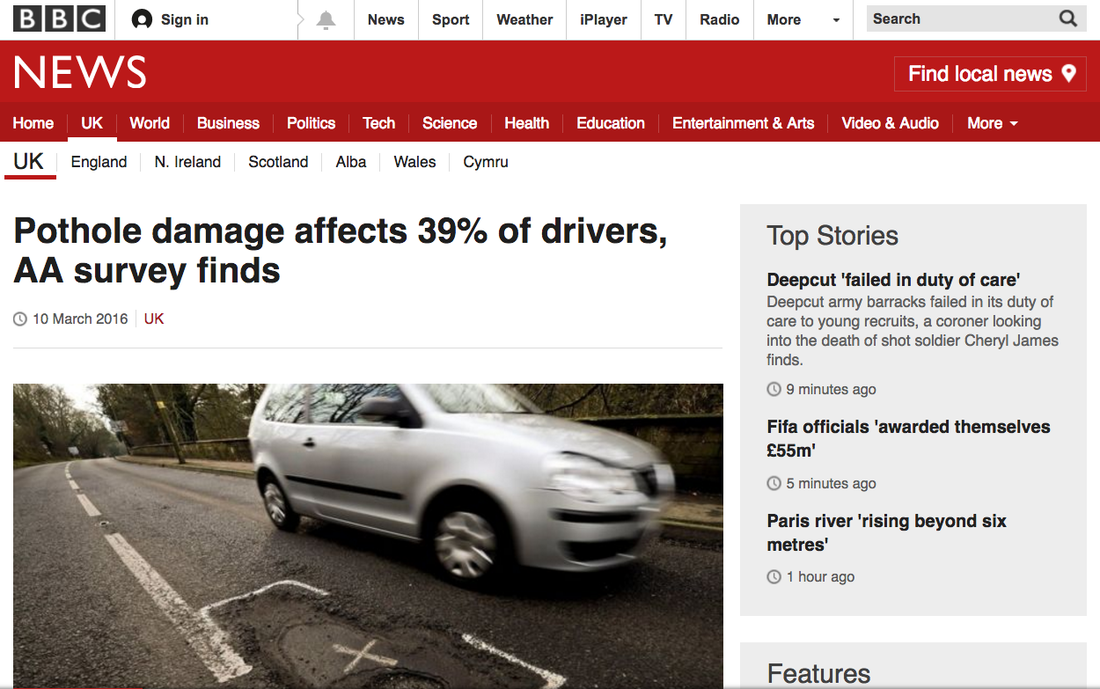
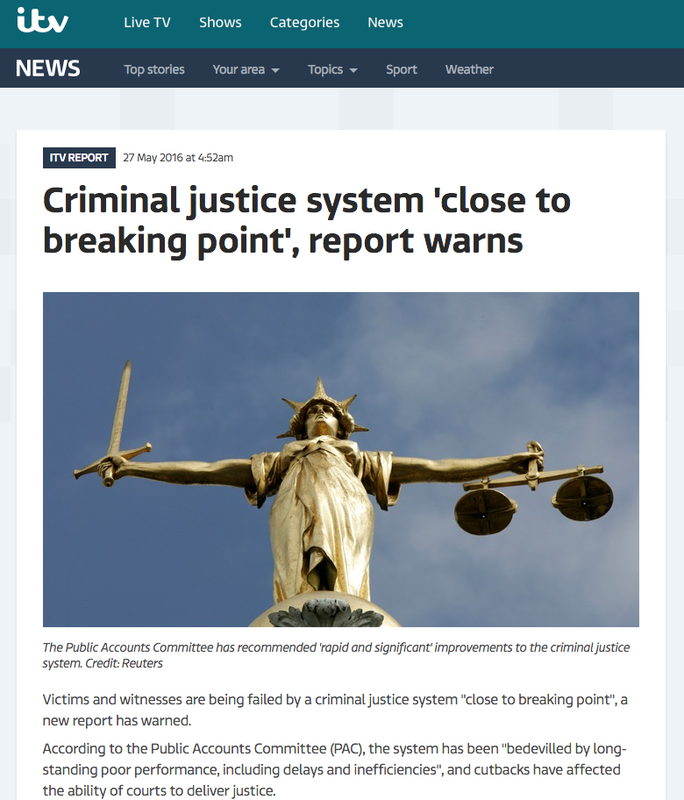

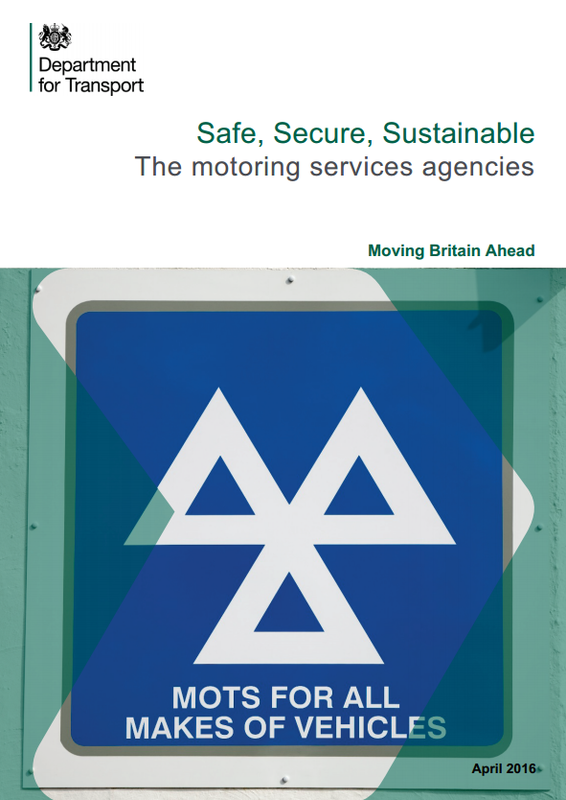
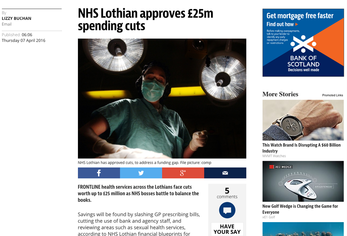
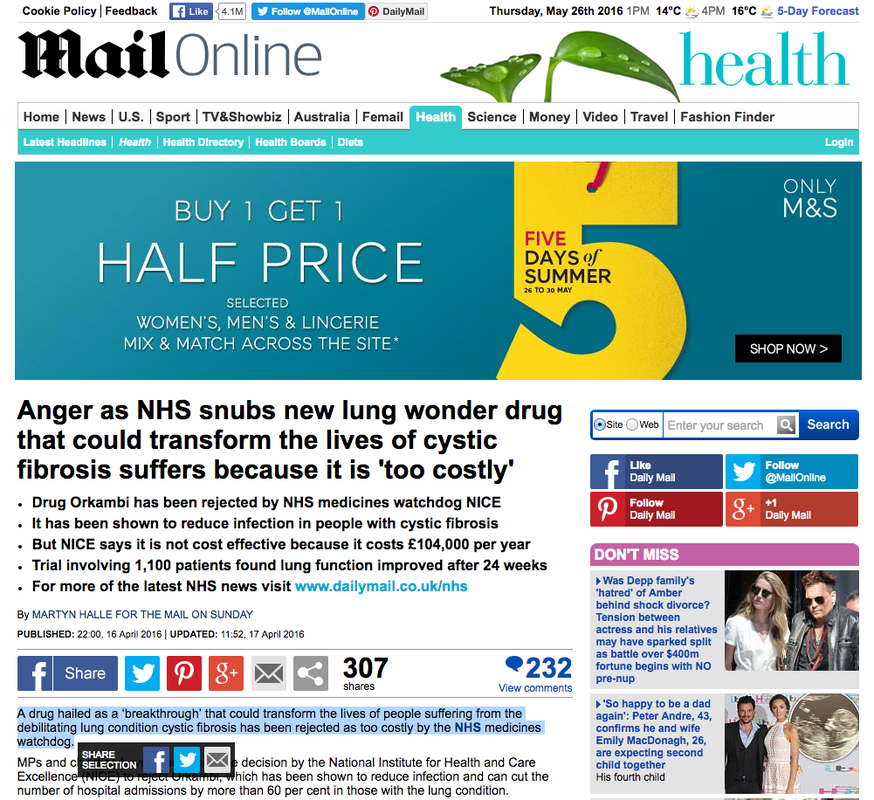
 RSS Feed
RSS Feed